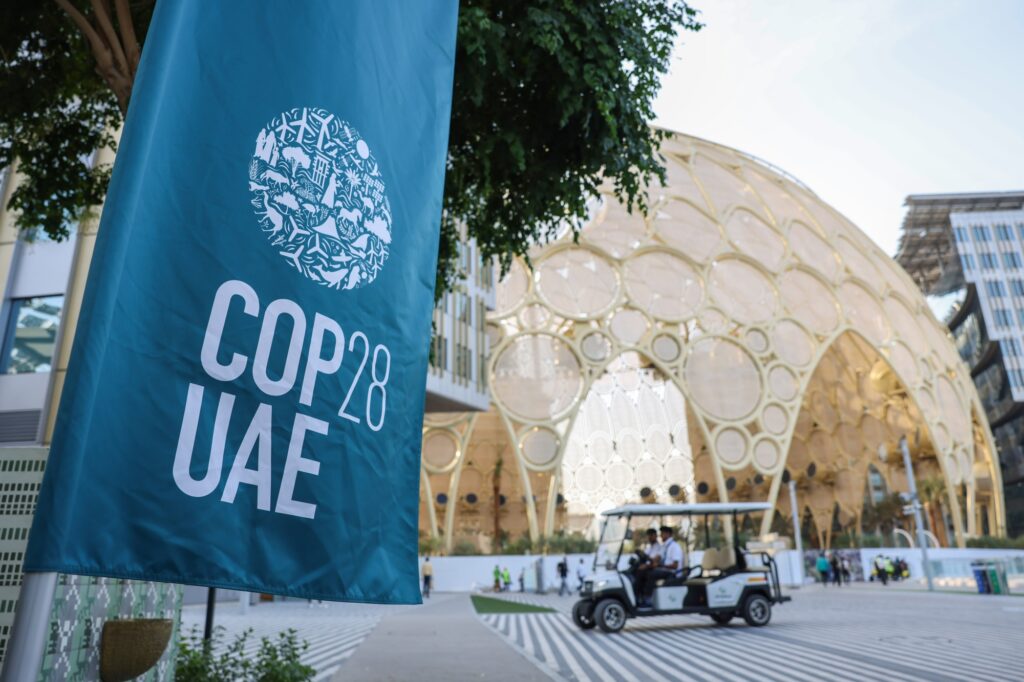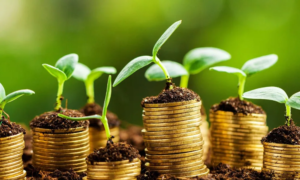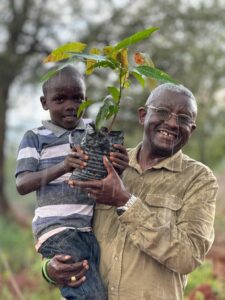So, global delegations have just returned home after attending a major Climate Change Conference in Dubai.
Separately, if you are a farmer, you have probably wondered why rain is such a problem these days. After five failed rainy seasons in the Horn of Africa, Somalia suffered 43,000 deaths. In East Africa, drought caused a death every 36 seconds as reported by Oxfam. This year’s intense rains led to devastating floods where well over 100 people died and 1.4 million displaced in Somalia. Numerous casualties and displacement in Kenya’s coastal region have been reported. These extreme weather patterns, including severe droughts and floods, clearly demonstrate the never-ending impact of climate change.
Is this the new normal or will things ever be different? Many Kenyan farmers wonder. Their farm yield has gone down and isn’t bouncing back. Their sweat is useless when rains fail. They feel abandoned.
Twenty-eight years ago, the UN Framework Convention on Climate Change began hosting annual conferences (COP) to address climate change, bringing together international delegates. Despite 28 years of these conferences, climate change impacts in Africa have worsened, leading to increasing deaths from famine and floods. The World Food Program notes over 23 million people in Ethiopia, Kenya, and Somalia are severely hungry, underscoring the urgency despite numerous global meetings.”
We must therefore ask this tough question – are the United Nations COPs really making a difference for Africa?
When last year’s COP 27 concluded in Egypt’s Sharm El-Sheikh, the world celebrated perceived triumph. The landmark establishment of the Loss and Damage Fund at COP27 marked a turning point in the fight against climate change, particularly for Africa, the continent most vulnerable to its impacts. This Fund seeks to assist Africa and other impacted regions in the world to rebuild infrastructure, restore livelihoods and adapt to a changing climate. It will do this by providing financial relief through addressing historical injustices, building resilience and empowering vulnerable communities.
The question though, is this – Have you as a Kenyan farmer; an African farmer benefited from this Loss and Damage Fund? All the farmers that I posed this question to told me that they haven’t benefitted from the Fund in any way. They don’t even know that it exists.
This doesn’t mean that I don’t support that Fund. I do. Just as I support a critical resolution from the recently concluded COP 28 in Dubai.
The resolution calls on countries to begin ‘transitioning away from fossil fuels in energy systems, in a just, orderly and equitable manner, accelerating action in this critical decade, so as to achieve net zero by 2050 in keeping with the science’. I support this wholeheartedly. African companies like Autopax, Kenya’s first local company of electric vehicles are already leading Africa away from fossil fuels.
However, we have learned from history that vital COP resolutions often end up unimplemented by rich nations that should be on the forefront of implementing them.
I sincerely challenge all our African Governments to conduct a comprehensive audit of the resolutions from global climate change conferences. The audit should determine the extent of implementation of these resolutions and assess the percentage of funding that has reached the average African citizen. I further suggest a detailed examination of the limited funding received for climate change mitigation, to ascertain whether it is being used effectively or embezzled, contributing to ongoing hardships.
This sincere audit must be conducted before the next Climate Change Conference (COP 29) in Azerbaijan.
Largely, rich nations emitting most of the greenhouse gases that are accelerating climate change have failed to take responsibility for their actions. This behavior runs contrary to the United Nations’ principle of ‘common but differentiated responsibilities.’ This simply means that nations must clean the mess they cause, as per their capability.
As long as our farmers continue depending on increasingly erratic rainfall, that mess remains uncleaned. Let’s free ourselves from imaginary chains! Ama niaje? Think green, act green!



